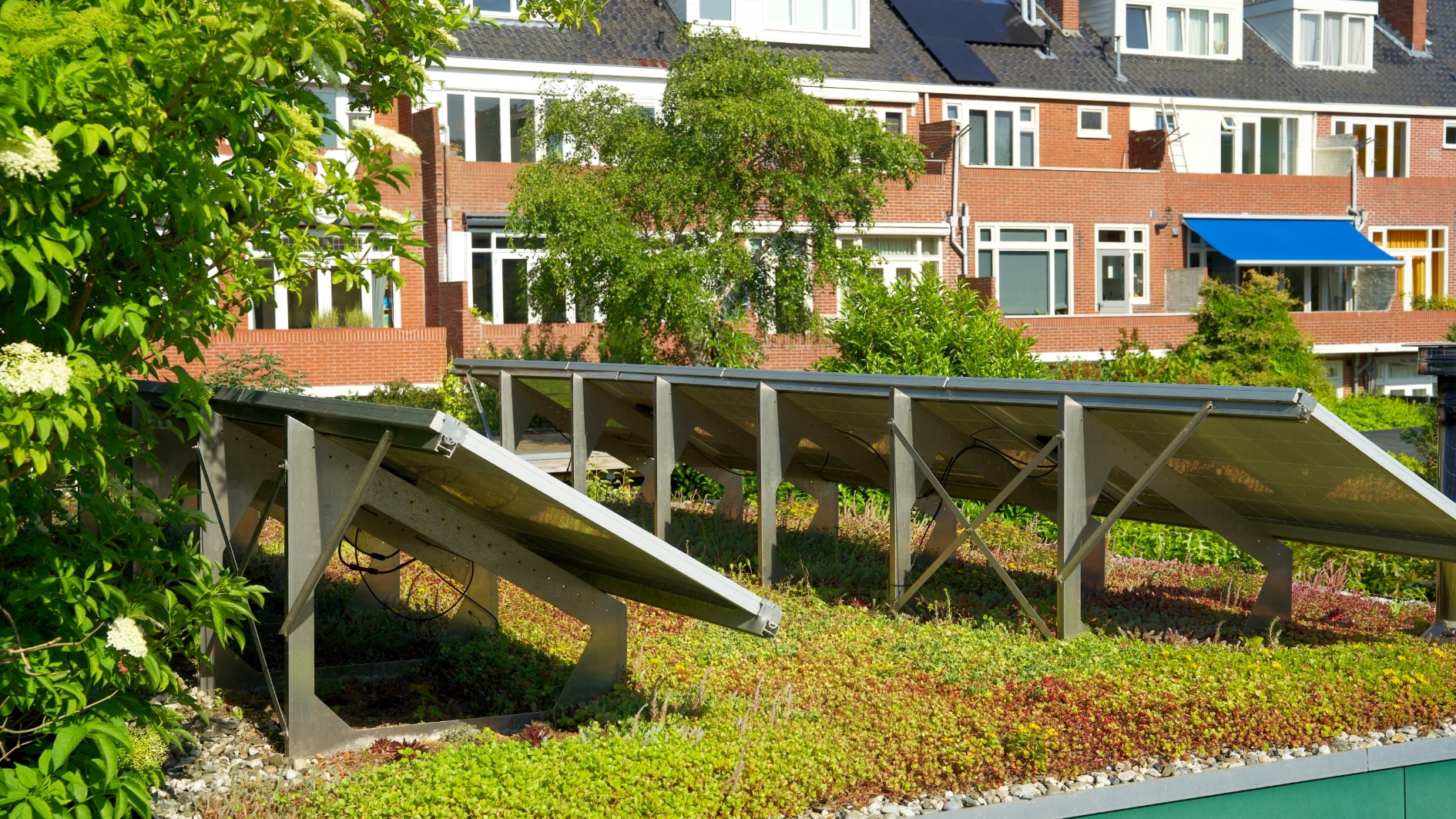Image source: Canva.com
Have you ever considered going solar, only to be turned down? Don’t worry; it’s never too late to seize the opportunity! At SolarWiki, we believe in second chances. Take the leap towards sustainable living and potential savings by exploring our resources and calculator today. Don’t miss out on this chance again!
Common Reasons for Solar Rejection
Traditional solar companies may turn down certain customers for various reasons:
Low credit scores
Many companies require a minimum credit score for financing options like leases or power purchase agreements. Customers with lower scores may be seen as higher risk and not approved.
Unfavorable roof conditions
Roofs must be structurally sound to support solar panels. Significant damage or nearing the end of lifespan may require repairs or replacement. Some materials are more difficult and expensive to work with.
Orientation issues
Solar panels need direct sunlight for optimal electricity generation. Heavily shaded roofs or north-facing orientations may not be suitable. Complex roof structures can limit panel placement.
Finding Solar Solutions
For customers rejected by traditional companies, we offer flexible solutions:

Flexible Financing Options
Explore various financing options tailored to different credit situations. From PACE financing to community solar subscriptions, there’s a solution for everyone.
Partnerships with Community Lenders
Collaborations with lenders and credit unions provide specialized loans, secured financing, and on-bill payment options, making solar accessible to more customers.

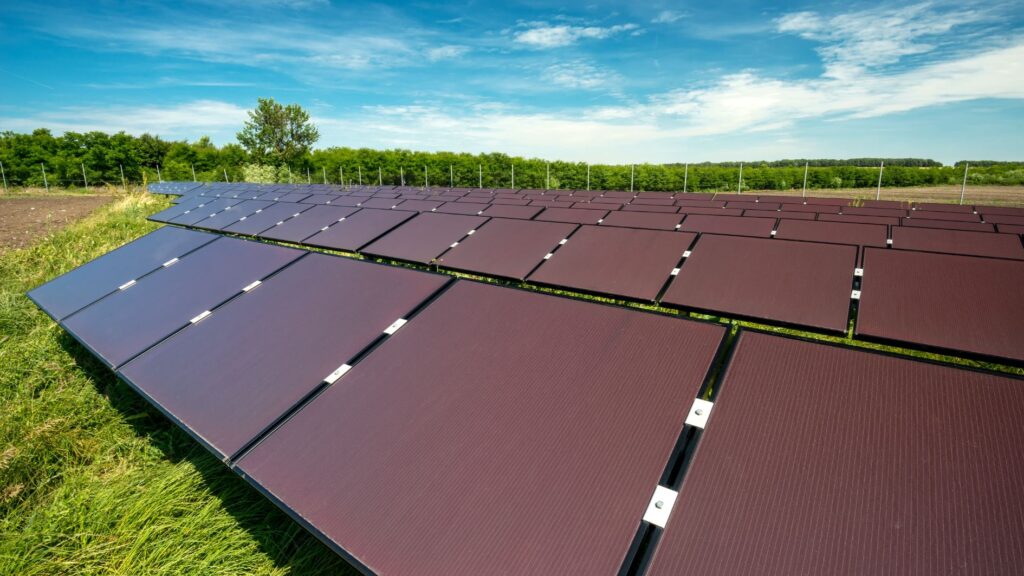
Ground-Mounted Solar
Ground-mounted solar: Instead of installing panels on the roof, a ground-mounted system can be installed in a sunny area of the property. This can be a good solution for homes with heavily shaded or unsuitable roofs. Ground-mounted systems can also be sized larger than roof systems if there is ample space.
Solar Canopies and Carports
Solar panels can be mounted on structures like carports, patio covers, or deck awnings. These provide the dual benefit of generating electricity and providing shade. They can be a good option for homes with limited roof space or orientation issues.
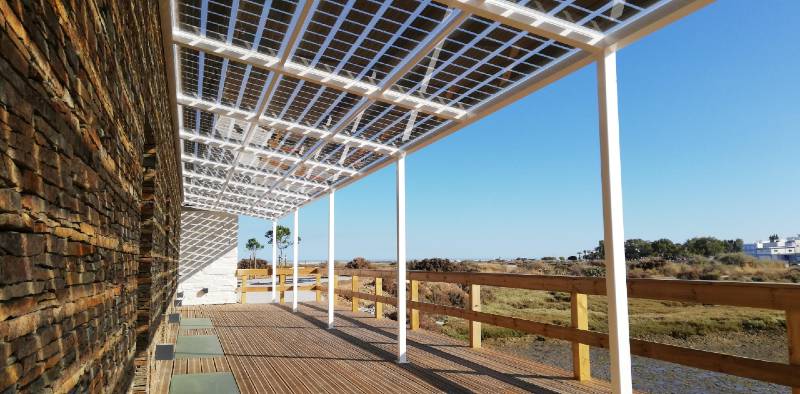
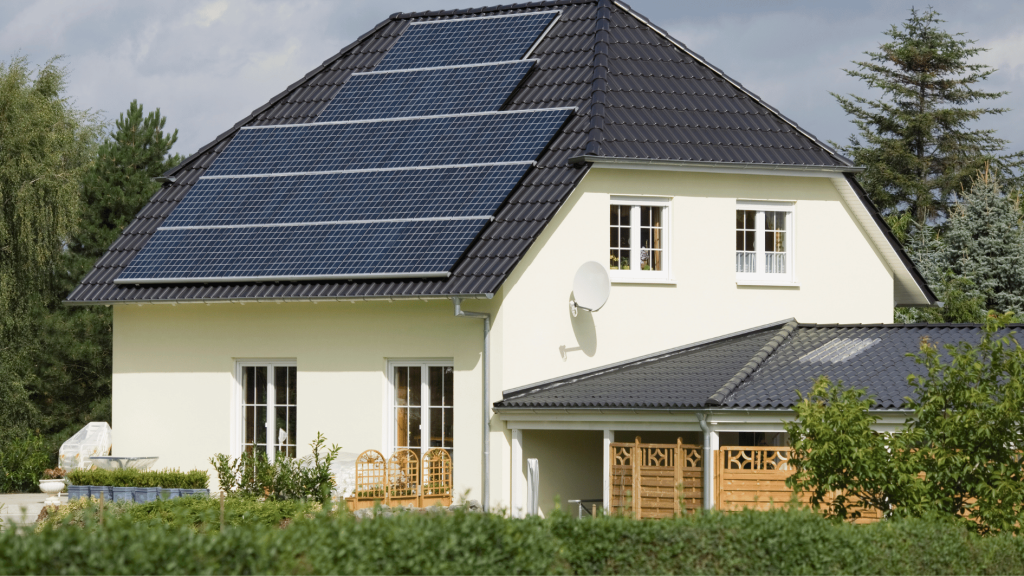
Hybrid Solar and Storage Systems
For homes with partial shading or less than optimal roof orientation, combining solar panels with battery storage can help maximize the utilization of the solar energy that is generated. Batteries can store excess power during peak sun hours for use later when solar production drops.
High-Efficiency Panels
Using higher efficiency solar panels can help generate more electricity in a smaller space. This can be beneficial for roofs with limited usable area. Some high-efficiency panels also perform better in shaded or low-light conditions compared to standard panels.
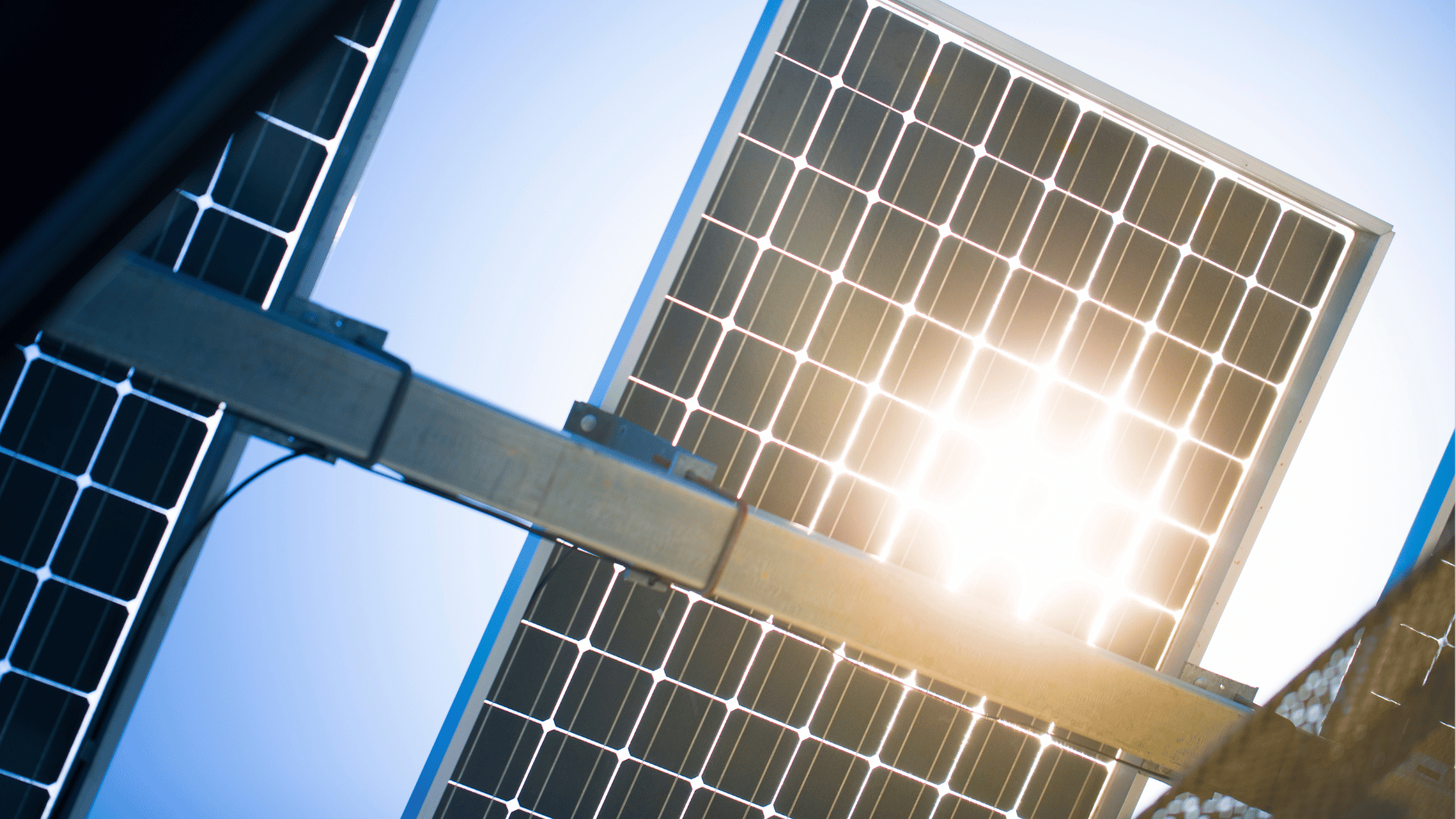
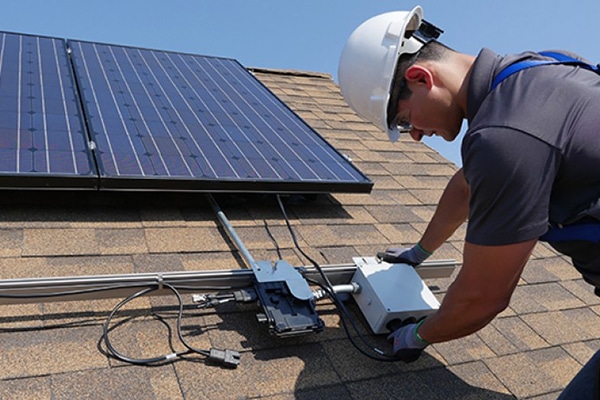
Microinverters and Power Optimizers
Microinverters and power optimizers: These devices can be added to solar systems to help mitigate the impact of shading. They allow each solar panel to operate independently, so if one panel is shaded, it doesn’t drag down the performance of the entire system like with traditional string inverters.
Solar Trackers
Mounting solar panels on tracking systems that follow the sun’s movement across the sky can help maximize solar production, particularly for ground-mounted systems. This can help compensate for less-than-optimal roof orientation.


East-West Orientation
While south-facing roofs are optimal for solar, installing panels on both the east and west sides of a roof can help spread out solar production across the day and potentially better match a home’s energy usage patterns.
Solar Sharing and Virtual Net Metering
Solar sharing and virtual net metering: Some utilities allow customers to share solar production credits from a single system across multiple properties or meters. This can provide flexibility for customers who have shading or roof issues at their primary residence but own other sunny properties.

Why SolarWiki?
Reliable information
With SolarWiki, you can trust that the information you find is accurate, up-to-date, and unbiased. We strive to provide the most reliable and trustworthy content to our users.
Comprehensive coverage
From incentives and rebates to emerging technologies and industry news, SolarWiki covers it all. Our goal is to ensure that you have access to a complete and comprehensive understanding of solar energy.
Accessible insights
We believe that everyone should have access to information about solar energy, regardless of their background or expertise. That’s why we strive to make our content accessible and easy to understand for all audiences.
Empowerment
By providing you with the knowledge and insights you need, SolarWiki empowers you to take control of your energy future. Whether you’re looking to save money, reduce your carbon footprint, or simply stay informed, we’re here to help you every step of the way.
Don’t Let Rejection Stop You
At SolarWiki, we believe in turning setbacks into opportunities. Whether it’s low credit scores, unfavorable roofs, or shading issues, there’s always a way forward with solar. Take charge of your energy future and join us in building a sustainable world for generations to come.

Why Is Access to Solar Solutions Important for Underserved Populations?
Don’t let rejection hold you back. Embrace solar with SolarWiki today!


